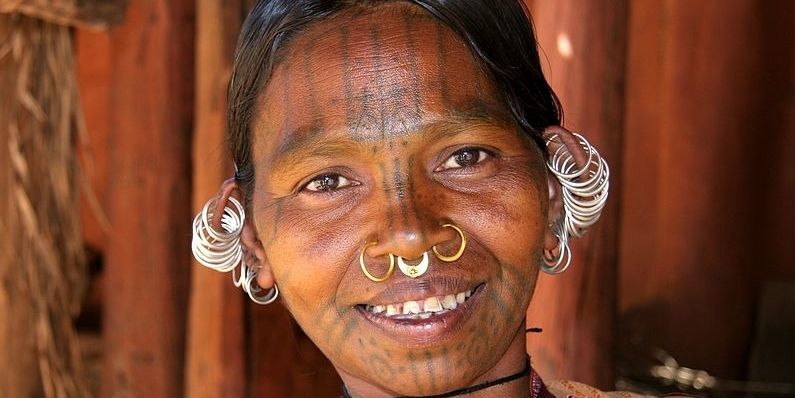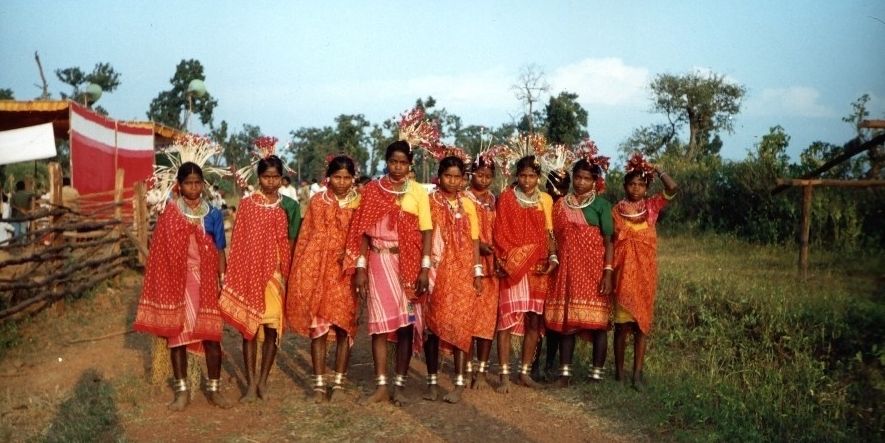PM Modi Inaugurates India’s First Digital Tribal Freedom Fighters Museum in Chhattisgarh: A Fusion of Heritage and Innovation
On a bright morning in Naya Raipur, history came alive in pixels, lights, and stories. Prime Minister Narendra Modi inaugurated India’s first Digital Museum on Tribal Freedom Fighters, the Shaheed Veer Narayan Singh Memorial and Tribal Freedom Fighter Museum, a national tribute to the unsung Adivasi heroes who fought fearlessly against British rule. This moment is more than an inauguration; it’s an awakening of memory and pride. Built at an estimated cost of ₹50 crore, the museum stands tall as a beacon of India’s tribal heritage, connecting generations through digital storytelling.A Living Tribute to Veer Narayan SinghAt the heart of this museum lies the story of Veer Narayan Singh, the valiant zamindar of Sonakhan who raised the banner of rebellion long before India’s freedom movement became a national uprising. Revered as Chhattisgarh’s first martyr, Singh’s sacrifice continues to inspire generations. Prime Minister Modi paid homage to Singh. The museum not only immortalizes his contribution but also highlights the courage of several lesser-known tribal warriors who fought for freedom and dignity. The museum complex includes a grand memorial dedicated to Veer Narayan Singh, a serene yet powerful space meant for reflection, reverence, and learning.A Blend of Tradition and TechnologyLocated in Sector-24, Nava Raipur, the museum sets new benchmarks in the way India preserves and presents history. Its architecture, design, and technical infrastructure adhere to the latest international standards. Visitors are greeted by beautifully carved entrance panels created by artists from Sarguja, a heartfelt tribute to Chhattisgarh’s rich artistic traditions. Inside, advanced VFX technology, projection systems, and digital storytelling screens bring every rebellion, every struggle, and every victory to life. Each exhibit can be explored through QR codes, allowing visitors to dive deeper into stories on their smartphones. From virtual recreations of tribal uprisings to digital archives of songs, weapons, and oral histories, the museum turns learning into an immersive journey.A Living Museum of the FutureIndia’s first Digital Museum on Tribal Freedom Fighters in Chhattisgarh marks a revolutionary shift in how the nation preserves and presents its history. Unlike traditional museums that rely mainly on physical exhibits and written information, this digital museum brings stories to life through immersive technology. Using VFX effects, projection mapping, interactive touchscreens, and QR code scanning, visitors can experience historical events in motion—watching tribal uprisings, hearing folk songs, and exploring 3D recreations of villages and battles. It transforms passive viewing into active participation, allowing people to engage emotionally with the struggles and triumphs of Adivasi heroes. This fusion of heritage and innovation makes history not just something to be seen but something to be felt and experienced, especially for younger generations used to digital storytelling. In essence, it’s not only a museum; it’s a living, interactive classroom of India’s tribal legacy.Fourteen Stories of ResistanceThe museum is divided into 14 sectors, each narrating the saga of a major tribal movement in Chhattisgarh. Visitors can relive the spirit of uprisings such as the Halba, Sarguja, Bhopalpattnam, Parlkot, Tarapur, Lingagiri, Koi, Meria, Muria, Rani Chauris, Bhumkal, Sonakhan, Jhanda Satyagraha, and Jungle Satyagraha revolts. Every gallery pulsates with emotion—the sound of drums, the echo of chants, the whispers of forests that sheltered freedom fighters. Replicas of 1,400-year-old Sal, Mahua, and Saja trees stand tall within the complex, their digital leaves etched with stories of courage. The experience transcends time, reminding every visitor that freedom was not gifted but earned through countless sacrifices.Beyond Walls: A Space for AllThe museum isn’t just a space for history; it’s built with inclusivity and experience in mind. Facilities for divyangjan (differently-abled individuals) and senior citizens, along with selfie points, tribal art flooring, and statues of Bhagwan Birsa Munda and Shaheed Gend Singh, make the complex vibrant and accessible. The design mirrors Prime Minister Modi’s vision of making India’s cultural heritage interactive, inclusive, and inspirational. During his visit, the Prime Minister spent more than the scheduled time exploring exhibits, listening to curators, and interacting with local artists—a gesture that reflected his personal connection to the cause.Honouring Tribal Legacy and Vision for the FuturePrime Minister Modi has consistently emphasized the role of Adivasis in shaping India’s cultural and moral foundation. In 2021, he established Janjatiya Gaurav Diwas on Birsa Munda’s 150th birth anniversary, honoring the tribal icon who fought for land rights and identity. During the museum’s inauguration, PM Modi reaffirmed his government’s commitment to empowering tribal communities through initiatives like PM-JANMAN and the Pradhan Mantri Dharti Aaba Gram Utkarsh Yojana, focusing on education, healthcare, and livelihood in tribal regions. Young children from local schools walked hand in hand with elders from tribal villages during the inauguration. Many were moved to tears while watching the digital recreations of their ancestors’ battles.

.jpg)



.jpg)
